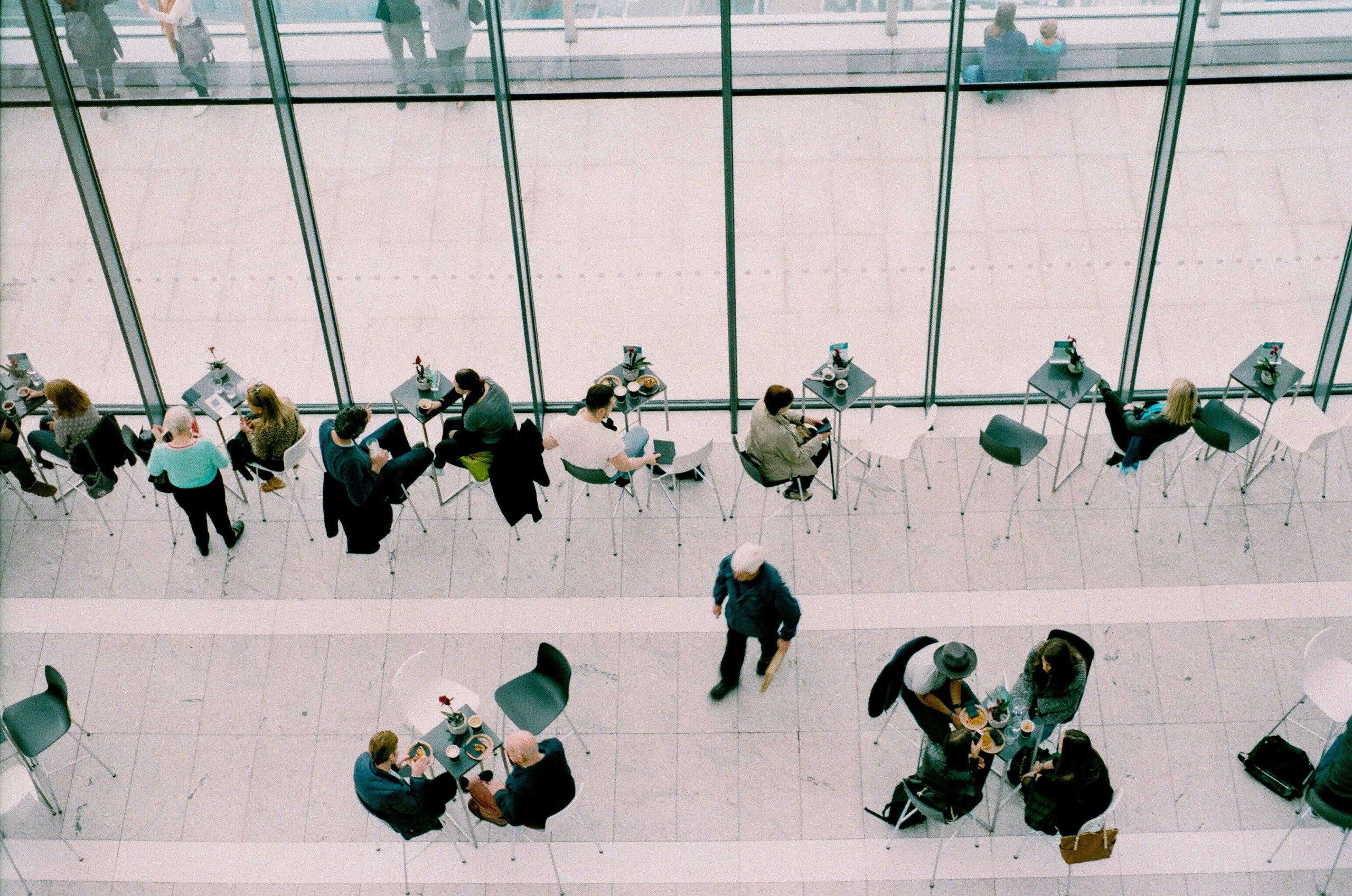
By Professor John Bryson
Department of Strategy and International Business, University of Birmingham
How did we get ourselves into this crisis? The answer is simple – by not learning from the past.
The Covid-19 pandemic is still very much with us. Perhaps this is not the time to consider a return to the economy and internationalisation as we knew it. But, perhaps this is the time to consider the future even whilst key workers from across our society face second-by-second risks. Millions of workers find themselves unemployed or furloughed, grieving families try to cope with Covid-related deaths and children return to their virtual schools.
There are two lessons that we have learnt from this pandemic. The first is that politicians, academics and journalists appear to be unable to learn from past or current events. The problem is that the current crisis, or some minor aspect of the pandemic, becomes the key news story. This prevents any serious discussion regarding developing new approaches to limiting exposure to future pandemics or other similar events. Think about the lessons that were not learnt from the SARS epidemic that emerged in Guangdong in 2002; SARS was the pilot for Covid-19. Now, is the time for a stocktake, including internationalisation as we knew it.
The second lesson that comes from the pandemic is that Covid-19 has done something that no economist, politician, or journalist thought was ever possible – it has switched off many aspects of the economic system. This is the economic system that is directly responsible for environmental pollution, climate change and the system that creates poverty, disadvantage, and binds people from across the planet into unfair economic relationships. There needs to be a much broader debate about a new form of economy, a new form of internationalisation, new approaches to responsible business and managerial practices and responsible governance.
There are three points to consider:
- The personal protective equipment (PPE) crisis reflects the increased dependency of national economies on fragmented production chains. This dependency includes the recent debate about 5G and Huawei. Over dependency on fragmented value chains exposes a nation-state to what are perhaps uncontrollable risks. A key part of the post-Covid era must include strategies to increase national resilience requiring a new balance between the local and the international.
- The current approach to Covid-19 is based on a gradual reduction in restrictions. On Monday 20 April, Germany began to partially lift restrictions. This is a cautious first step and each of Germany’s 16 states will remove restrictions at a slightly different pace. Initially, any commercial venture with space under 800 square metres was permitted to open. This included florists, booksellers, bicycle shops and car dealerships. This does not mean that there will be a rapid economic recovery; restrictions will be relaxed extremely slowly given fears over a second Covid wave. In Denmark, the easing of restrictions this week led to the on-line booking systems of hairdressers crashing and many hairdressers are fully booked for the next three weeks. Hair evidently matters during a crisis!
- This gradual easing means that we are moving into a new form of economy – a socially-distanced economy (SDE). One implication is that inequality will be increasingly determined by those who are able to benefit from working within the SDE and those whose livelihoods rely on working closely with others.
We must remember that post-Covid that there will be significant tax increases imposed across all national economies. This will dampen consumer demand. Perhaps, the key point for discussion revolves around the question of ‘what type of economy for what type of society?’. This question requires a debate regarding those activities that are no longer acceptable and those that should be encouraged.
The real danger is that we return to the economy as we knew it and fail to learn from Covid-19. Remember, that Covid-19, like SARS, should be considered as the pilot for the next global pandemic. This time we must learn from this crisis.

Good initial review of where we are and how we didn’t avoid getting here despite clear ‘pilot’ warnings.
Any thoughts on which current and new businesses will drive the UK and global economy?